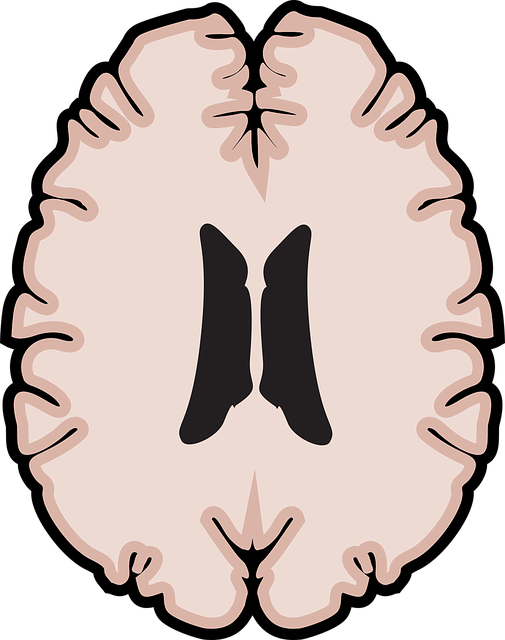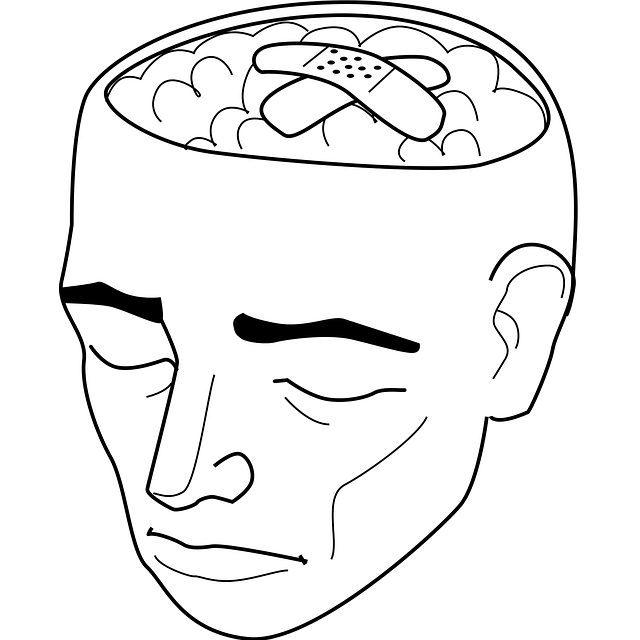Colorado Springs faces disparities in mental health services for men, with some neighborhoods lacking accessible resources. Targeted Mental Wellness Coaching Programs tailored to specific communities can revolutionize support, filling gaps and making high-quality Colorado Springs Mens Issues Therapy more impactful. Effective outreach strategies consider cultural norms, foster empathy, and create safe spaces. Community events, workshops, and partnerships facilitate personal connections, while risk assessment tools help identify at-risk individuals for early intervention. Burnout prevention for healthcare providers ensures sustained service quality. Strategic partnerships and tailored programs successfully improve men's mental well-being in Colorado Springs Mens Issues Therapy.
In Colorado Springs, addressing mental health disparities is paramount. This article explores the implementation of community outreach programs, focusing on the unique challenges and strategies employed by Colorado Springs Mens Issues Therapy (CSMIT). By understanding the need—identifying gaps and targeting at-risk communities—and designing effective outreach strategies, CSMIT has successfully engaged men and promoted therapy access. Through building strong community partnerships and measuring impact, this initiative ensures sustained success in addressing mental health concerns among men in Colorado Springs.
- Understanding the Need: Identifying Gaps and Targeting Communities in Colorado Springs
- Designing Effective Outreach Strategies: Engaging Men and Promoting Therapy Access
- Implementing and Sustaining Success: Building Community Partnerships and Measuring Impact for Colorado Springs Mens Issues Therapy
Understanding the Need: Identifying Gaps and Targeting Communities in Colorado Springs

In Colorado Springs, understanding the need for comprehensive community outreach programs stems from identifying significant gaps in mental health services, particularly tailored to men’s issues. The city’s diverse demographics present unique challenges, with certain neighborhoods and communities lacking accessible resources for addressing common problems like anxiety relief and social skills training. Recognizing these disparities is crucial to ensure that all residents have equal opportunities to enhance their mental wellness.
Targeting specific communities in Colorado Springs requires a strategic approach, focusing on areas where the need for therapy services is most acute. By developing tailored Mental Wellness Coaching Programs, organizations can address the unique challenges faced by men, fostering an environment that promotes open dialogue and encourages participation in activities enhancing overall well-being. This targeted outreach not only fills critical gaps but also has the potential to revolutionize support systems, making high-quality care more accessible and impactful for those in need, especially when it comes to Colorado Springs Mens Issues Therapy.
Designing Effective Outreach Strategies: Engaging Men and Promoting Therapy Access

Designing effective outreach strategies is essential to address men’s mental health issues in Colorado Springs and promote access to therapy. It requires a nuanced approach, considering cultural norms and societal expectations that often discourage men from seeking emotional support. One key strategy involves building empathy and fostering an environment where men feel comfortable discussing their struggles without fear of judgment. This can be achieved through community events, workshops, and partnerships with local organizations catering to men’s interests and needs. For instance, hosting sports-themed gatherings or mentoring programs can open doors for mental health professionals to connect with men on a more personal level.
Additionally, integrating risk assessment tools, such as those used by mental health professionals in Colorado Springs, can help identify individuals at higher risk of mental health crises. These assessments allow for early intervention and tailored support, addressing specific concerns that may prevent men from engaging in therapy. Moreover, implementing burnout prevention strategies for healthcare providers is vital to ensure sustained access to services. By supporting the well-being of therapists and counselors, these initiatives can enhance service quality and availability, ultimately encouraging more men to take advantage of available mental health resources.
Implementing and Sustaining Success: Building Community Partnerships and Measuring Impact for Colorado Springs Mens Issues Therapy

Implementing successful community outreach programs requires strategic partnerships and a clear understanding of the target population’s needs. For Colorado Springs Mens Issues Therapy (CSMIT), building strong ties with local organizations, schools, and businesses has been instrumental in their mission to address men’s mental health challenges. By collaborating with these entities, CSMIT offers tailored programs that cater to various demographics, ensuring a more comprehensive approach to mental well-being. This partnership model not only increases accessibility but also fosters trust, making it easier for individuals to seek support.
Measuring the impact of such initiatives is vital for sustaining their success. CSMIT tracks participation rates, satisfaction surveys, and long-term behavioral changes to evaluate the effectiveness of its programs, particularly in depression prevention and promoting positive thinking. By embracing mind over matter principles, they empower men with coping strategies and resilience, leading to improved overall mental health in Colorado Springs. This data-driven approach allows for continuous improvement, ensuring that outreach efforts remain relevant and impactful.
Community outreach programs play a pivotal role in addressing mental health disparities, especially within underserved communities like Colorado Springs. By understanding local needs, designing tailored strategies, and fostering partnerships, initiatives like Colorado Springs Men’s Issues Therapy can gain traction and positively impact lives. The success of these programs lies in their ability to reach individuals where they are, promoting therapy access and ultimately enhancing the well-being of the community as a whole.














